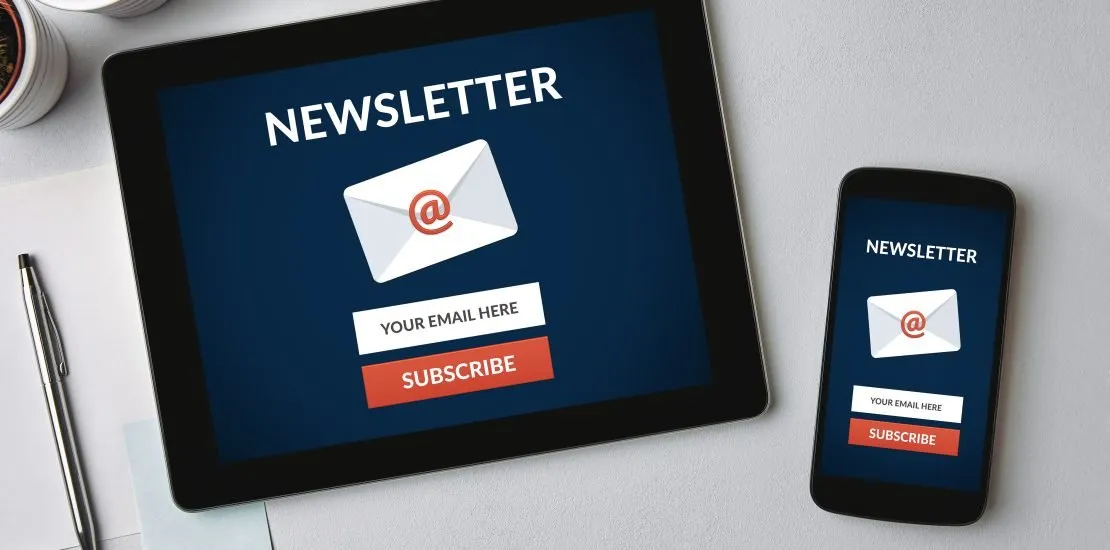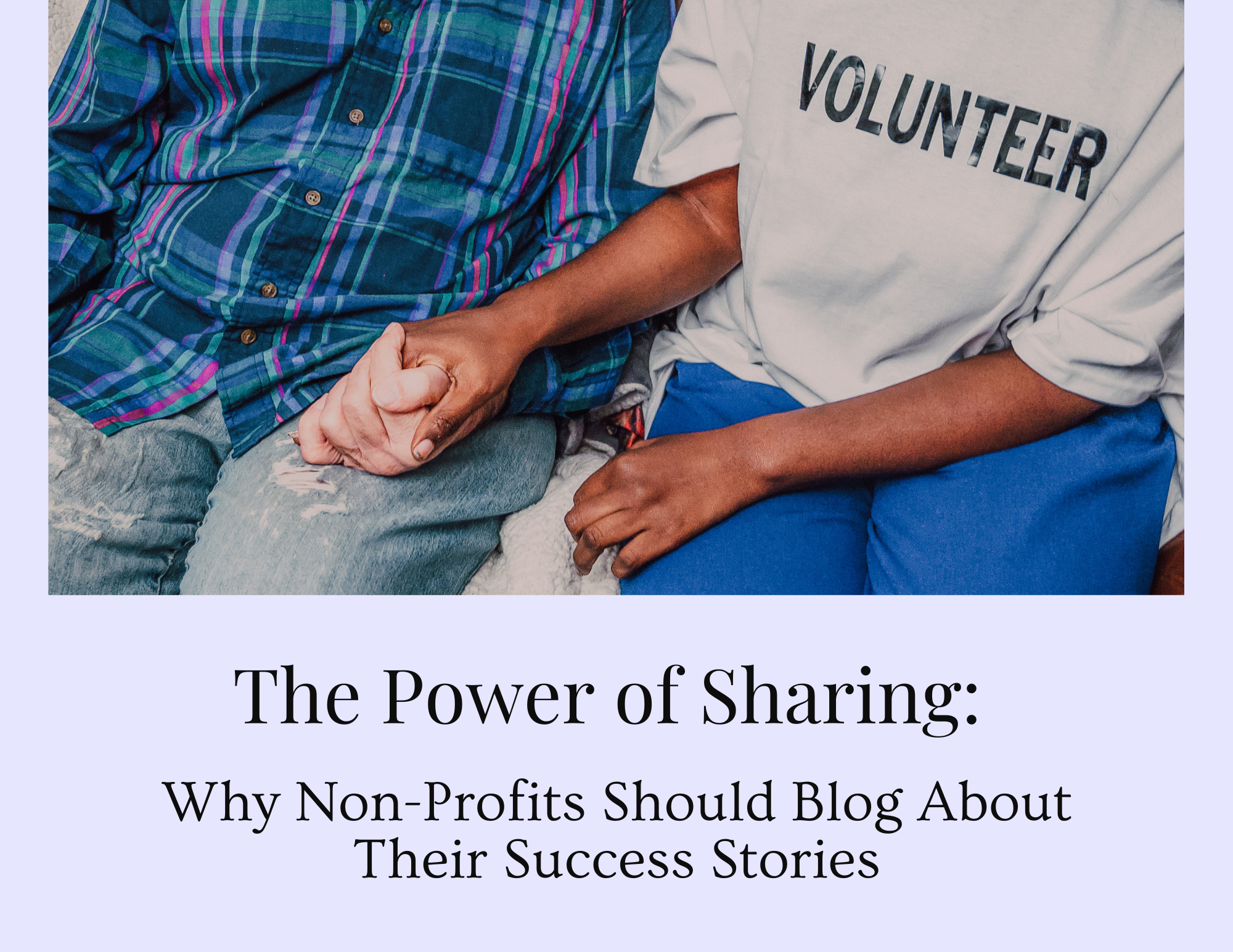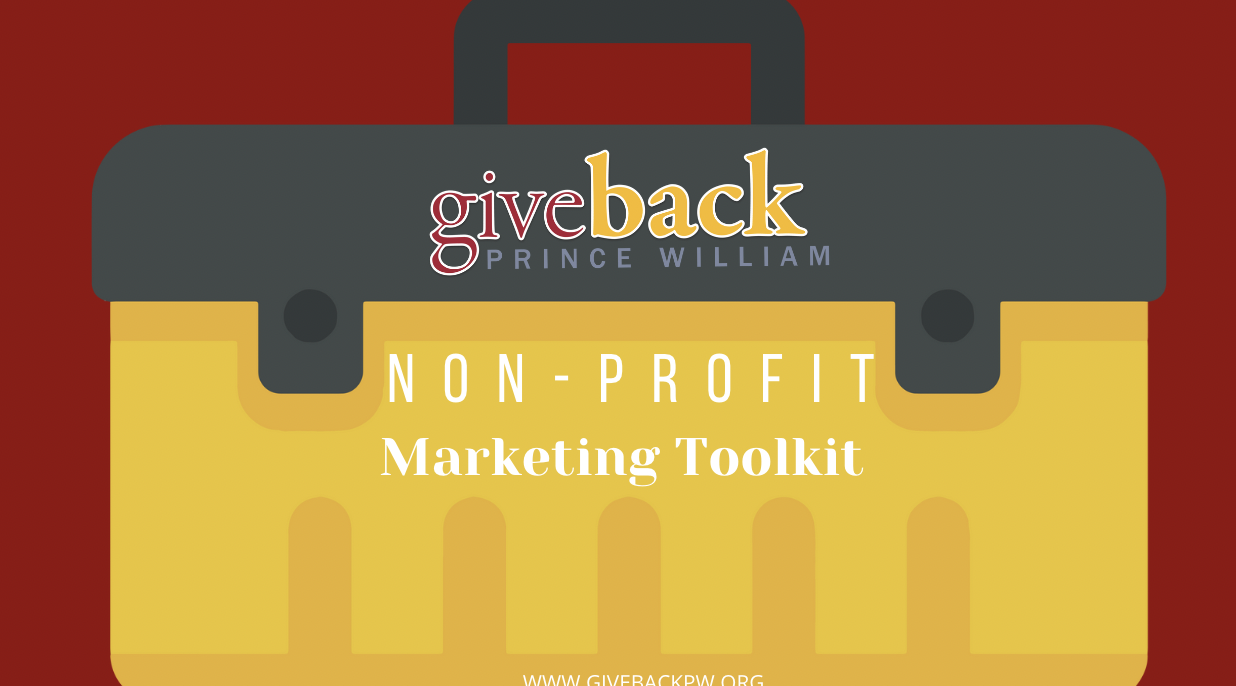Establishing connections is crucial for the growth of any nonprofit organization. Unfortunately, many individuals fail to follow up on these initial connections, resulting in missed opportunities for support and collaboration. Although follow-up emails may appear daunting, they offer a great opportunity to distinguish yourself and forge meaningful relationships. When executed effectively, follow-up emails can aid in building stronger connections and provide a path for achieving your nonprofit’s objectives.
Dos for Writing Follow-Up Emails
Be genuine
People can sense when someone is fake, so let your personality shine through in your emails.
Make it a priority
Send your follow-up emails within 72 hours of contact to show your recipient that connecting is important to you.
Make it personal
Personalize each email by mentioning previous conversations or contacts you have in common.
Write a clear subject line
:Draft a specific subject line that lets the person know exactly what the email is about.
Include reminder details
State where you met the recipient and forward past emails if relevant.
Try to connect online
Mention connecting on LinkedIn or following you on Facebook for the latest information on your products or organization.
Include a call to action
Request a time to meet, connect online, or visit your website.
Leave it open-ended
End your email to indicate you’re looking for some kind of action or response.
Don’ts for Writing Follow-Up Emails
Fail to follow up
Overcome the fear of rejection and realize that sending the email gives you a chance at success.
Be generic
Personalize each email to stand out from the hundreds of emails the recipient receives each week.
Lead with the sale
Add in personal details and make it about the recipient first.
Add contacts to email lists
Only add contacts who have requested to be on your email list.
Write a book
Respect the recipient’s time and write clear, concise emails.
Be overly pushy
Focus on building the relationship first, and sales and relationships can form more organically.
By following these dos and don’ts for writing follow-up emails, you can build stronger connections, land sales, and expand your network. If you’re still feeling unsure about writing effective follow-up emails, consider reaching out to experts like Rampant Social for help with drafting emails, creating online content, email marketing campaigns, and more. With their expertise, you can build the confidence you need to succeed in your business.
If you are a for-profit business and want to support local non-profits and to learn how to partner with the non-profit community, or if you are a local non-profit looking for visibility, email rebecca@givebackpw.org for more information.




